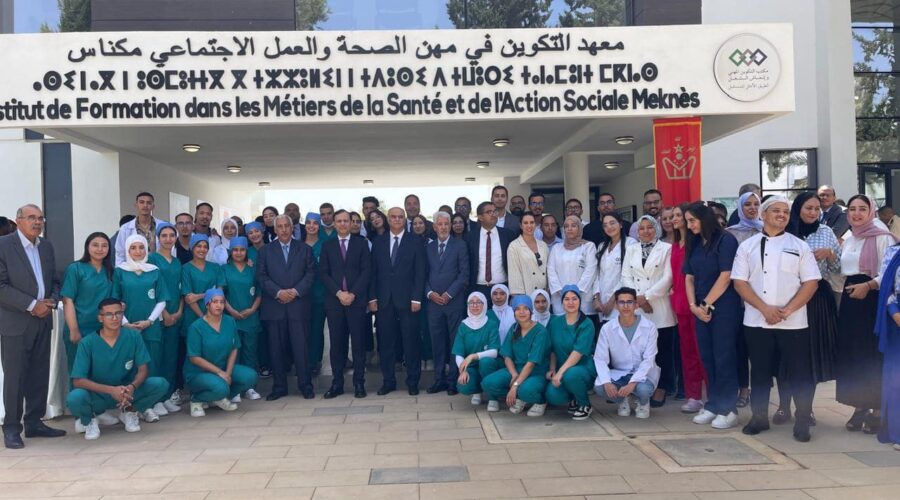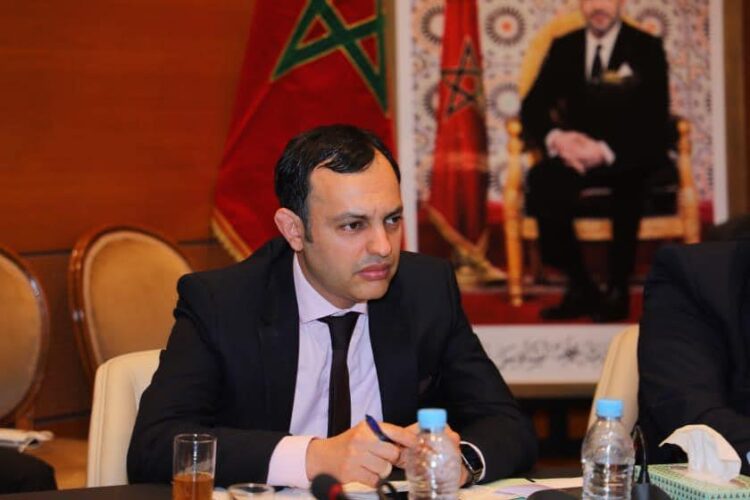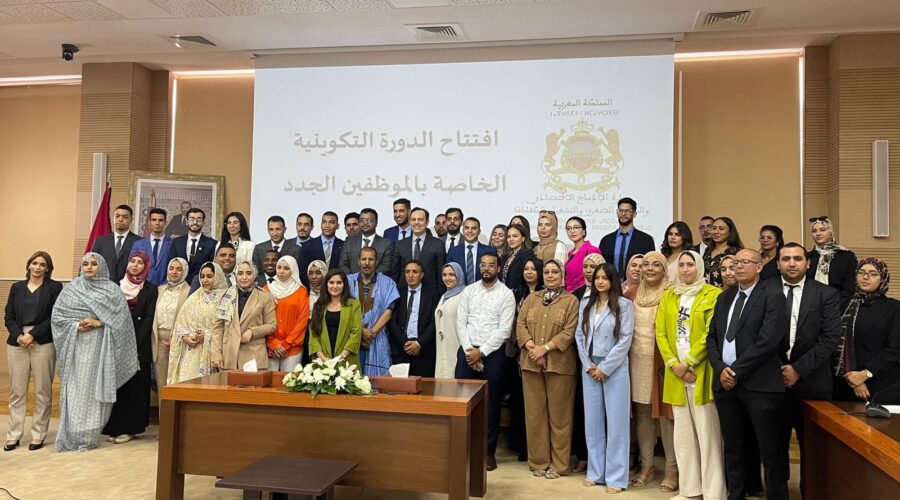The care economy can generate stable and decent jobs if investments are made in a timely and proactive manner, stated Younes Sekkouri, the Minister of Economic Inclusion, Small Business, Employment, and Skills, on Tuesday in Salé.
Speaking at the opening of the 1st International Conference on the Care Economy and Social Protection, held under the theme ‘Care Economy and Social Protection: A Pillar for Women’s Empowerment, Job Creation, and Family Well-being,’ Mr. Sekkouri emphasized the need to determine the economic models to be implemented for this emerging sector to ensure the sustainability of its businesses, as well as the tertiary sector, which is expected to play a crucial role in this field.
Referring to the three dynamics identified by the International Labour Organization to promote employment, the Minister explained that the first dynamic is investment, highlighting that the Conference provides an opportunity to examine the potential, investments, and means to establish a proactive policy in the care economy field.
Regarding the second dynamic, which is training, Mr. Sekkouri affirmed the necessity of having adequate and qualified human resources to invest effectively in the care economy, stressing the importance of establishing specific training policies for this sector. ‘Morocco has begun revising a large number of training programs. It is now time to thoroughly examine the professions and skills needed to integrate them effectively into the national training system,’ he added.
For the third dynamic, related to labor market mediation and legislation, Mr. Sekkouri indicated that Morocco is working on developing a new generation of incentive programs in the labor market, including the tertiary sector, involving associations, cooperatives, and other organizations, noting that the labor code reform project will consider the specificities of the care economy.
He concluded that the success of these initiatives depends on multiple partnerships between central administration and regions, the public and private sectors, as well as researchers and academics. He also stressed that these initiatives, due to their novelty, require thorough research to be implemented under the best conditions.
Under the High Patronage of His Majesty King Mohammed VI, this international conference, held on June 25-26, is organized by the Ministry of Solidarity, Social Integration, and Family in partnership with the Ministry of Health and Social Protection, the Ministry of Economic Inclusion, Small Business, Employment, and Skills, the Ministry of Economy and Finance, the Ministry of Youth, Culture, and Communication, and the Arab League.
This event serves as an opportunity for reflection to mobilize collective intelligence and build an integrated care economy system through the exchange of experiences and knowledge.
The Conference proceedings will also enrich the debate around several challenges, namely identifying economic activities related to the care economy, women’s economic empowerment, the legal framework for paid and unpaid care work, and the roles of social workers.






